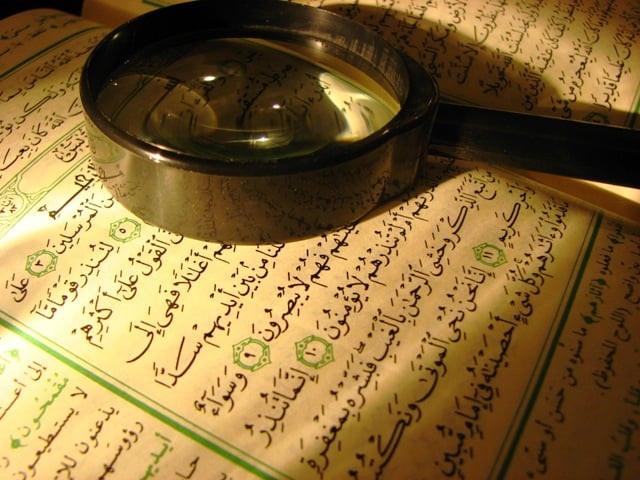Blasphemy laws: UN special envoy decries Pakistan’s justice system
Gabriela Knaul expresses concern over shariat court, weak prosecution.

The UN special rapporteur on the independence of judges and lawyers, Gabriela Knaul, expressed serious reservations on Tuesday about Pakistan’s blasphemy laws, weak prosecution, procedures of such sensitive cases in the courts and a parallel justice system including the Federal Shariat Court (FST).
Addressing a news conference in Islamabad, Knaul said it was a matter of concern how the blasphemy law was being misused to target women and deprive them of their fundamental rights. “… Judges have been coerced to pass verdicts against the accused without supporting evidence even. As for the lawyers, in addition to their reluctance to take up such cases, they are targeted and forced not to represent their clients properly,” maintained the UN rapporteur, who is currently on a 10-day official visit to Pakistan (May 19 to May 29).
Showing her concern over the FST, Knaul said, “I believe that the existence of two superior courts in the Constitution is problematic and leaves space for interpretations.” While urging the government to provide high-level security for judges and lawyers, she also pointed out that judges, prosecutors and lawyers working on cases related to terrorist acts and organised crime are also often the target of serious threats and attacks.
“I paid particular attention to the integration of a gender perspective and women’s rights in the justice system. I am concerned that there are currently no women sitting on the Supreme Court and only two women in the high courts,” she said, while mentioning that, “Many stages of the justice system, starting with filing a case with the police, to accessing lawyers and appearing and testifying before courts are gender-biased and therefore impede the full functioning of justice for women.”
While commending the use of the Supreme Court’s power in recent cases related to human rights violations, such as the case of missing persons, she said, “I am concerned by the lack of clear criteria guiding the use of suo motu, which can undermine its own nature and may jeopardise other pending cases from being timely considered by the Supreme Court.”
Published in The Express Tribune, May 30th, 2012.



















COMMENTS
Comments are moderated and generally will be posted if they are on-topic and not abusive.
For more information, please see our Comments FAQ